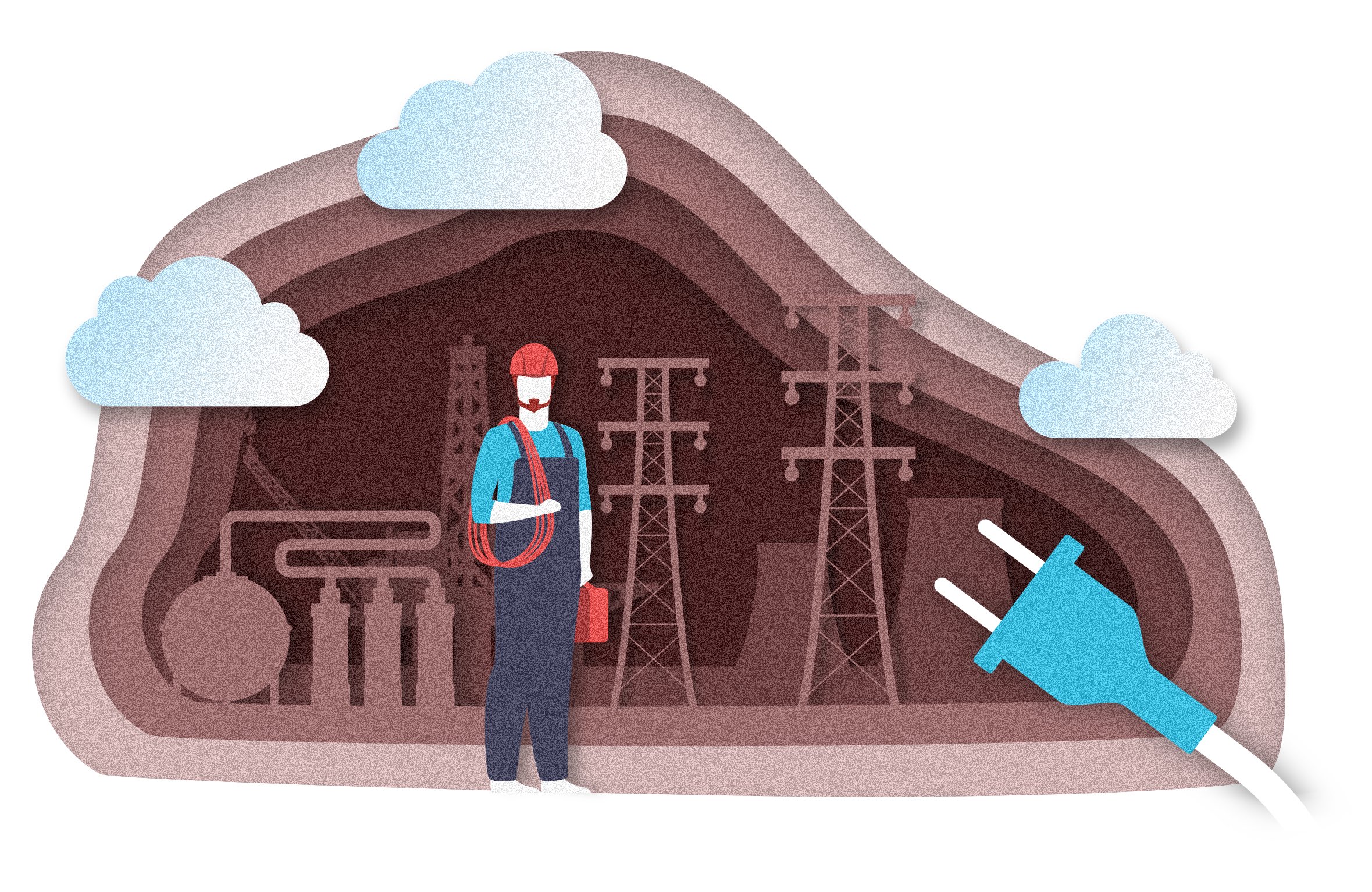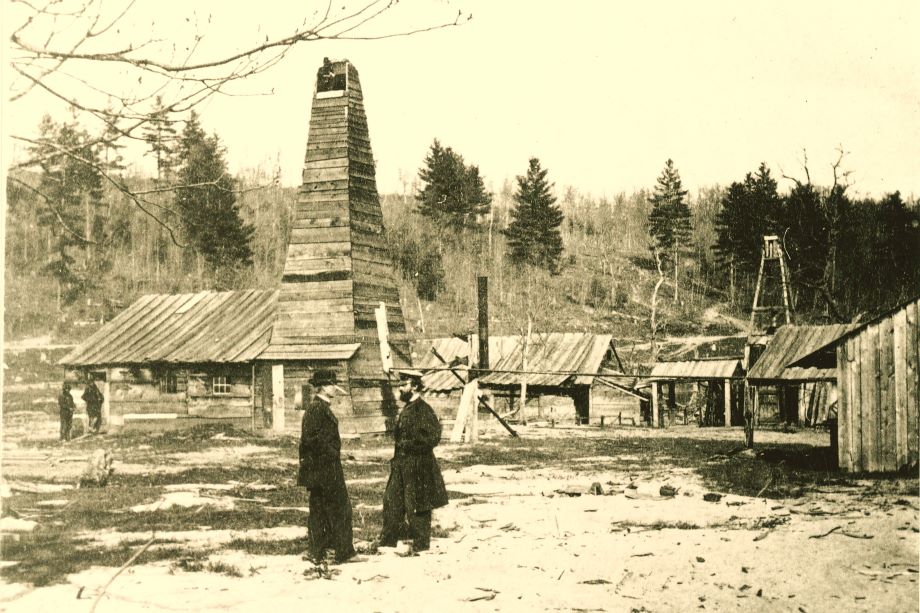In Wake of COVID-19, States Facing Challenges Reopening Economies, Revenue Shortfalls
In Wake of COVID-19, States Facing Challenges Reopening Economies, Revenue Shortfalls
On May 20, FiscalNote held a webinar with state senators and mayors from across the country to discuss how COVID-19 has impacted different levels of government. The webinar, titled “State of the States: Reopening, Budgets, and the Prognosis for the Rest of the Year” featured Brian Feldman, Maryland State Senator; David Argall, Pennsylvania State Senator; Linda Gorton, Mayor of Lexington, Kentucky; and Jim Lane, Mayor of Scottsdale, Arizona. The panelists discussed the effects of the coronavirus on businesses and the challenges they have faced in taking steps to lessen its economic impact. In addition, they shared early budget projections—for their cities or states—that display shortfalls ranging from $40 million to $4 billion in revenue.
States have faced significant challenges in their attempts to mitigate the economic impact of COVID-19. Per State Senator Feldman, recently laid-off employees in Maryland have struggled with the unemployment website, which has crashed numerous times. The situation has not improved since the state lifted a number of restrictions last week. Although the restrictions were lifted at the state level, individual counties were given the go-ahead to maintain restrictions as they saw fit. This has led to confusion across all levels as city, county, and state government officials operate on their own timelines.
Some cities have had a more structured approach. As early as February, Mayor Gorton brought together various stakeholders in healthcare, aviation, transportation, and other industries in Lexington. They discussed what their industries had been doing in preparation of the (at the time) oncoming virus and what they should anticipate. By the time the first COVID case was discovered in Lexington in March, this stakeholder group had transformed into a Coronavirus Response Committee—comprised of 132 business leaders—and was already working on a blueprint for economic recovery. It was the implementation of this plan that has allowed retail stores and restaurants in Lexington to open this week—although not without restrictions.
The reopening of economies is critical to lessen the economic shortfalls that have already been predicted. State Senator Argall noted that restrictions in Pennsylvania have led to a hit in tax revenues of nearly $4 billion. Mayor Lane, of Scottsdale, Arizona, echoed these concerns and emphasized that the city relies heavily on tourism as a producer of revenue. According to Feldman, states should prioritize the economic opportunities that have come out of this crisis; he named the biotech life sciences as one industry where there may be opportunities for revenue-producing activities. In addition, he noted that states may want to look at legalizing some controversial activities—such as sports gambling or adult marijuana use—because of their revenue-producing potential.
All panelists emphasized the need for more guidance and assistance on a federal level. Mayors Gorton and Lane noted that their cities have yet to receive stimulus money from the CARES Act that was passed in March. Feldman argued that without assistance for state and local governments—in the form of another stimulus package—it is hard to envision a successful nationwide economic recovery. In lieu of this financial assistance, states may be faced with the tough decision to lay off essential providers: teachers, firefighters, and police, among others.
You can view other COVID-19 webinars from FiscalNote here: https://fiscalnote.com/resources?type=webinars.




